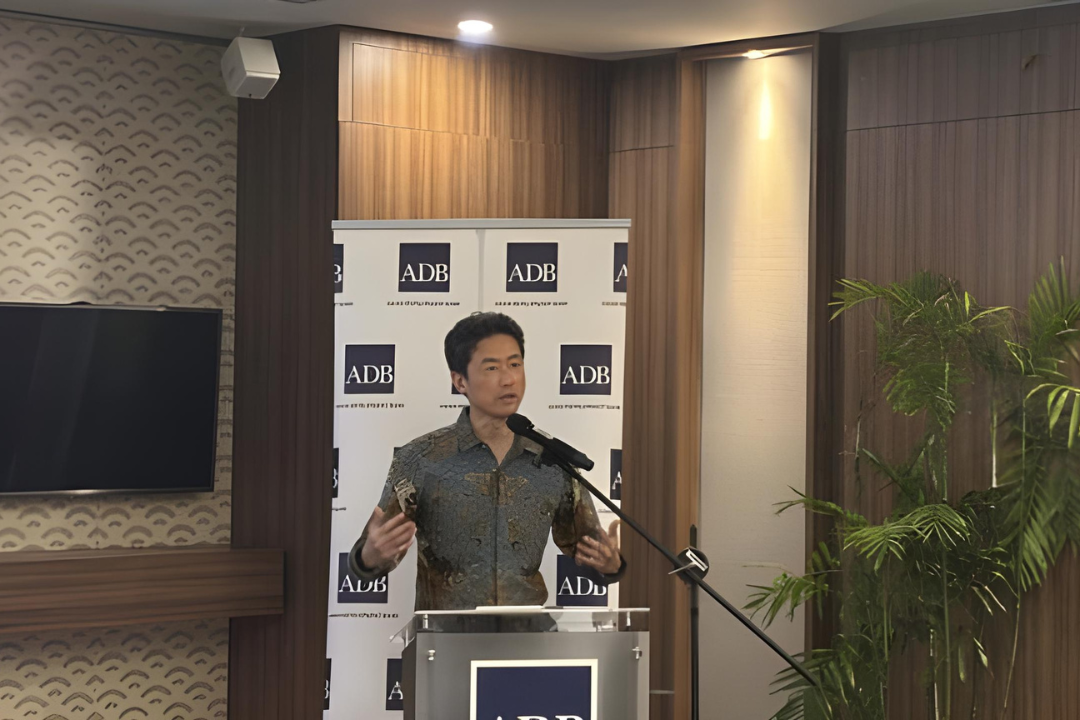The Asian Development Bank (ADB) has reinforced its commitment to Indonesia's renewable energy sector by approving a $92.6 million financing package for the expansion of the Muara Laboh geothermal power project in West Sumatra. This initiative aims to bolster Indonesia's geothermal capacity, contributing significantly to the nation's clean energy targets.
Financing Structure and Collaboration
The financing package comprises $38.8 million from ADB's ordinary capital resources and an additional $38.8 million through a B-loan syndicated by Sumitomo Mitsui Banking Corporation, with ADB acting as the lender of record. Furthermore, a concessional loan of $15 million is provided by the Australian Climate Finance Partnership (ACFP), underscoring a collaborative effort to mitigate climate change.
ADB's role as the lead structuring bank in this transaction is noteworthy, as it mobilizes private commercial capital to address project risks, marking a pioneering approach in Indonesia's geothermal independent power producer (IPP) sector. Parallel lenders, including the Japan Bank for International Cooperation and several commercial banks backed by Nippon Export and Investment Insurance, are also participating, reflecting a robust international collaboration.
Project Expansion and Capacity Enhancement
The Muara Laboh geothermal project, operated by PT Supreme Energy Muara Laboh (SEML)—a joint venture involving PT Supreme Energy, Sumitomo Corporation, and INPEX Corporation—currently boasts a generation capacity of approximately 85 megawatts (MW). The expansion project aims to nearly double this capacity by adding an additional 83 MW, thereby enhancing the supply of clean, renewable energy to Indonesia's national grid.
Strategic Importance and Economic Impact
Indonesia possesses the world's largest geothermal reserves, estimated at 23.1 gigawatts, yet only a fraction has been harnessed. The government's prioritization of geothermal development is evident in this project, which not only strengthens the renewable energy portfolio but also stimulates local economies by creating employment opportunities and fostering community development.
Jiro Tominaga, ADB's Director for Indonesia, emphasized the project's significance, stating, "Investments in geothermal power generation are challenging; thus, support from ACFP and the Australian Government is crucial in mitigating risks and realizing projects that help Indonesia meet its clean energy targets and provide affordable electricity." He further noted that the project would aid in reducing greenhouse gas emissions and promote sustainable energy solutions, enhancing Indonesia's long-term energy resilience.
Conclusion
The ADB's $92.6 million financing for the Muara Laboh geothermal expansion underscores a steadfast commitment to supporting Indonesia's renewable energy ambitions. By leveraging international partnerships and mobilizing private capital, this project serves as a model for sustainable development, aligning with global efforts to combat climate change and promote clean energy transitions.







 Thursday, 12-02-26
Thursday, 12-02-26







